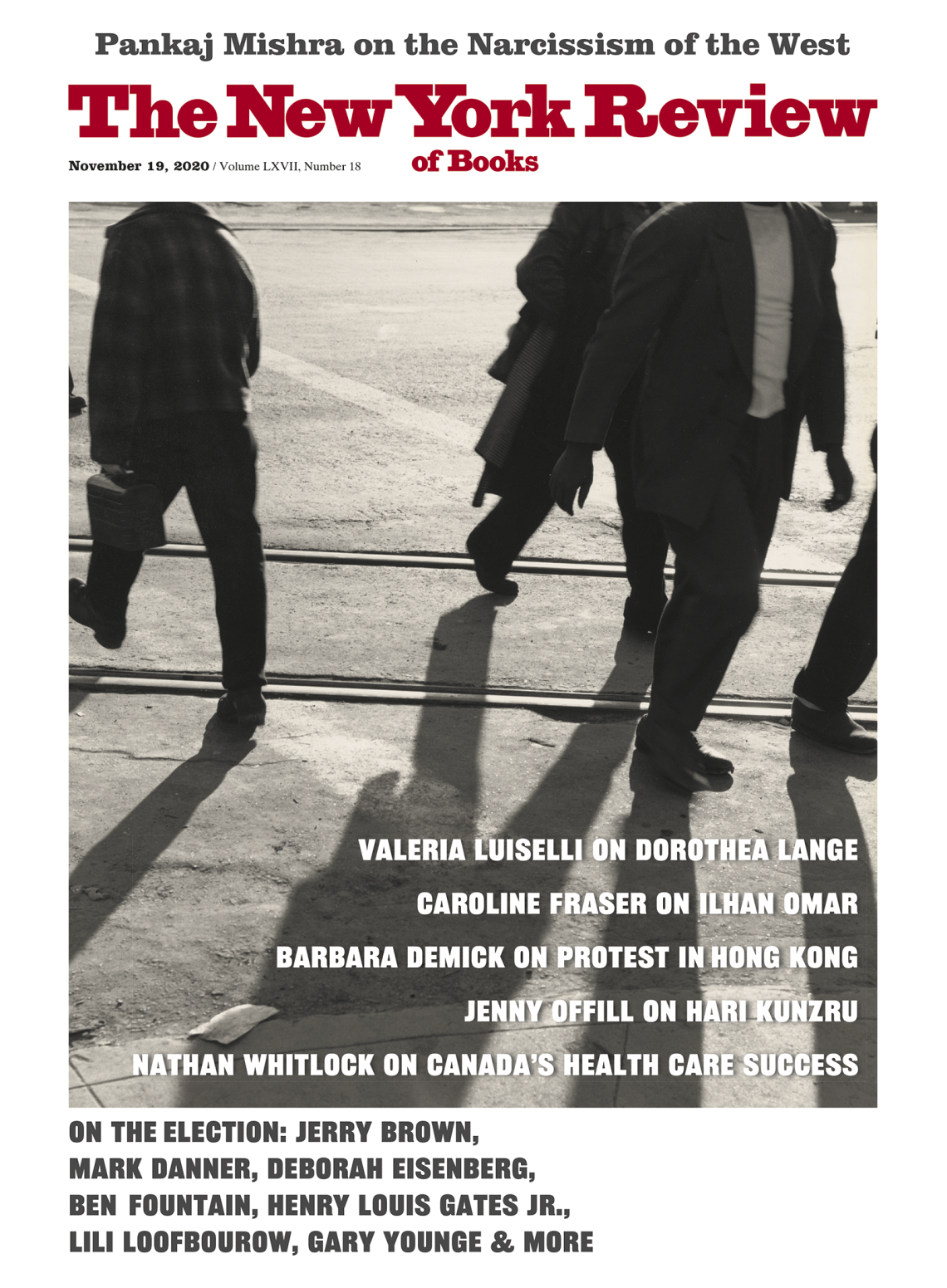I’m sitting at my ranch in western Colusa County, an hour’s drive northwest of Sacramento. When my grandmother grew up here, 140 years ago, there were dozens of vibrant homesteads, successful farms, enough kids to fill the local schoolhouse. There was even a proper cemetery. The Leesville–Ladoga stagecoach came through each day, headed to the mines or to the several hotels beside the mineral springs that dotted the area.
On this land now—except for myself and my wife and one other family—only cattle graze. The people and their livelihoods left long ago. It is Trump country. A man I know from town stopped by the other day. He wanted to bring us some rice and recipe ideas. When I asked him how he was doing with the virus all around, he said not to worry: the virus would be gone on Election Day. Not everyone feels that way, but many do, so we talk about the weather and the fires but not about politics. In this way, people are neighborly, pulling together to help one another in times of need. That is what most people want.
But today our politics is providing the opposite: the incessant campaign messaging is laden with anger and lies. It is about beliefs, not facts. We have a president who actively seeks to sow division and create chaos. Most people have already made up their minds: many for Trump, but, if the polls are right, even more for Joe Biden. If they figure out how to vote, whether in person or by mail, then we will have a new president come January. But what will that mean?
America is facing a serious challenge to its position as the leader of the “rules-based” world. Trump won in 2016 because he attacked this status quo. Somewhere between 40 and 45 percent of Americans are now so alienated by the Democrats and the disruptive changes to our economy and social mores—including foreign imports, loss of manufacturing jobs, and assaults on traditional values—that they have put their trust in him, despite his vainglorious strutting and shameless philandering. That says a lot about Trump but even more about America.
This is unpalatable but something a President Biden would have to manage. It will take all his political skill and empathy; he will need to build a new governing coalition. His program is bold, as it needs to be if it is to pull us out of this recession, win back the disaffected, conquer the coronavirus, and protect our planet. But Biden will have to go further. He must connect with his inner Roosevelt, as he has begun to do with heartfelt invocations of the New Deal. He must inspire the nation and lay out a vision that draws us together. It won’t be easy, but the alternative is drift and mounting frustration.
The domestic challenge is huge and immediate, and beyond it lies the rest of the world. Currently, we are on a collision course with China that could easily slide into armed conflict. North Korea has nuclear weapons and the capability to deliver them to the United States. Then there is Iran and what can be salvaged of the nuclear deal.
Hanging over it all is a renewed nuclear competition with Russia and the growing threat of a nuclear mistake or miscalculation. Former secretary of defense William Perry says the danger has never been greater. Tragically, the campaigns and the pace of the news have combined to marginalize the issue, even though it transcends all others. Biden’s first act in office should be to extend the New Start Treaty for another five years. He should then initiate serious dialogue with Russia to halt our nuclear arms race.
Here in Colusa County, no one is thinking about Russia or even Washington. People have enough to do just making a living and coping with the changes—from the virus, the fires, the closed schools, and the shuttered businesses. But they still know how to lend a helping hand and come together as neighbors whenever needed. That is America, too, not the strange and polarized dystopia Trump has conjured.


